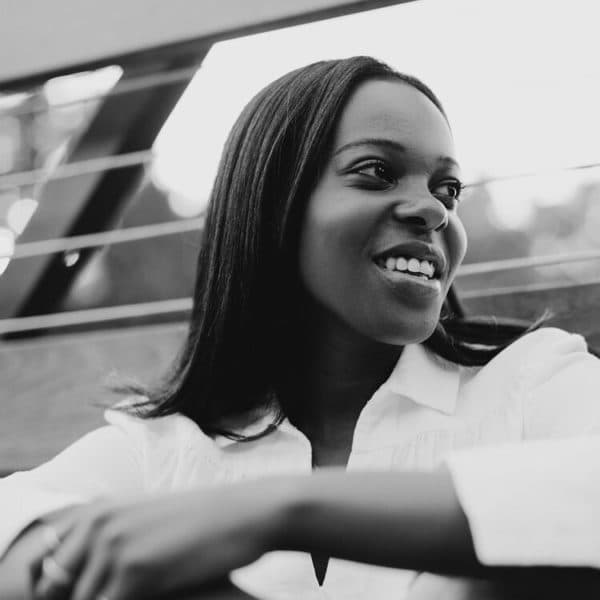Advertisement
Commonwealth Shakespeare Company brings comedy 'Much Ado About Nothing' into the 1990s
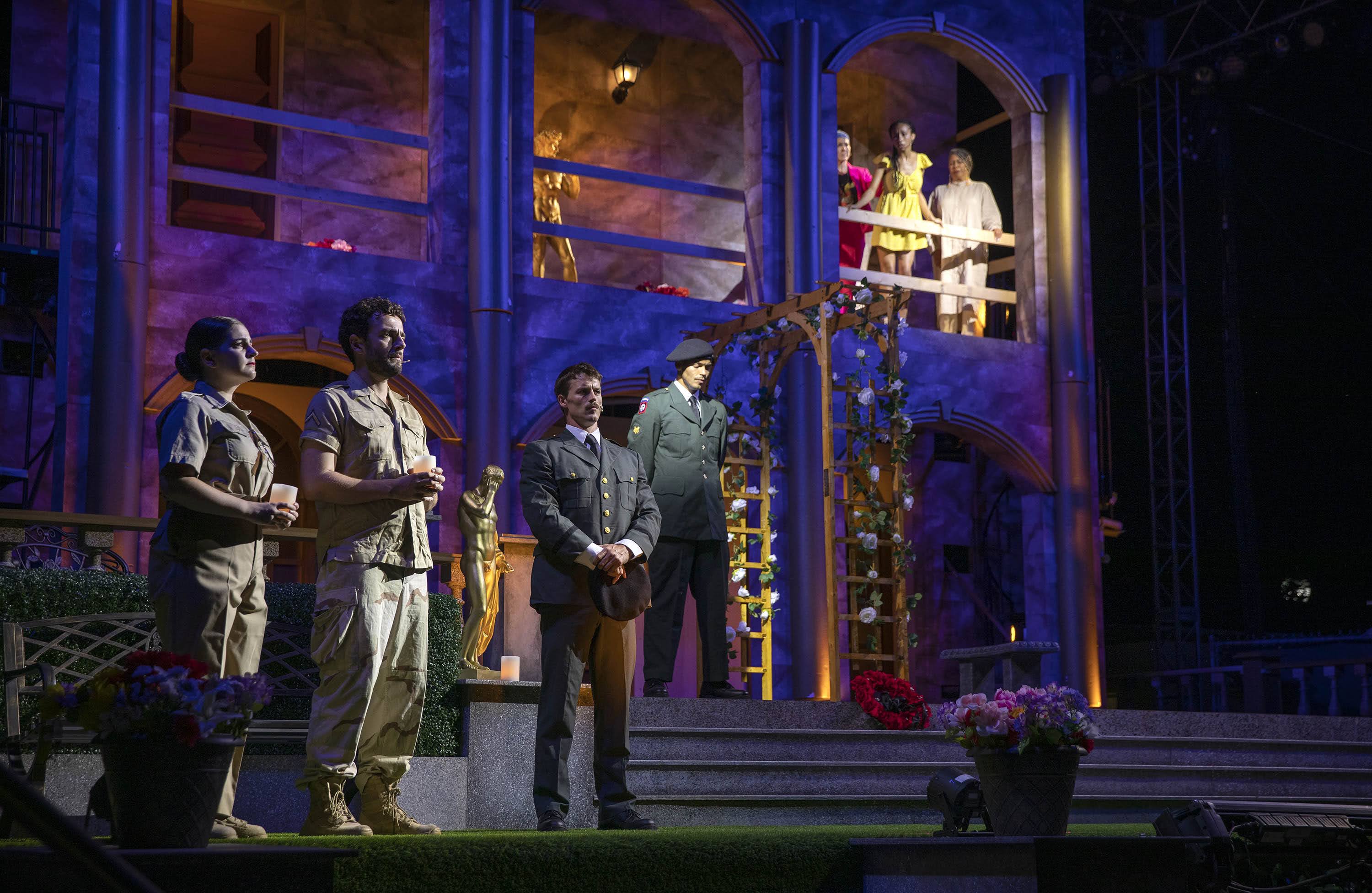
“Much Ado About Nothing” is a classic Shakespearean comedy with the works: romance, betrayal, power and jealousy. Beginning on Wednesday, July 20, the Commonwealth Shakespeare Company will give the iconic work a modern reintroduction on Boston Common. No longer set in an Italian village, the characters perform on a stage akin to a Renaissance-themed nightclub inside a Newport mansion fit with bright colors, a rolling lawn and gold statuettes. This version of “Much Ado About Nothing” takes place in the ‘90s and features two female leads as the main protagonists.
When director Megan Sandberg-Zakian began thinking about the play, she had some big questions about the text. In the original writing, the action begins when a nobleman, Leonato, welcomes his friends home after a war. The play focuses on the relationships between Leonato’s family and friends rather than the preceding happenings. This led Sandberg-Zakian to wonder why Claudio, one of the protagonists, had such intense emotions. He seemed especially raw and impulsive. Then it hit her. Claudio may be suffering from some kind of trauma from the war.
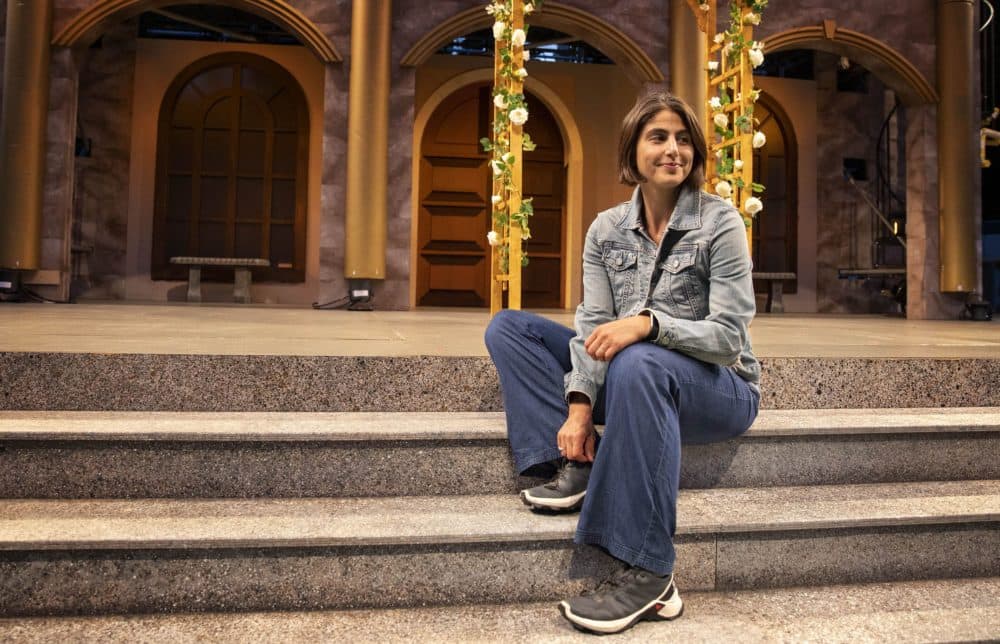
Sandberg-Zakian began to approach the text as a story about returning to civilian life after combat. So, in modernizing the script, the director decided that the reimagined Shakespeare play would take place in 1991, after Operation Desert Storm. This decision opened up the world of “Much Ado About Nothing” for her. “It was a time, at least in my memory, where there was a lot of fluidity around gender and sexuality happening in popular culture, in music and in fashion,” says Sandberg-Zakian. Despite that, the director says, it was still a dangerous time to be out in the United States.
This “new” setting created perfect conditions for a queer love story at the center. Two of the main protagonists, Beatrice and Benedick, will be played by Rachael Warren and Tia James. In the original rendition, Beatrice and Benedick have a playful relationship filled with bickering and teasing one another. But to the community around them, they are meant to be. It takes a setup from their friends for them to finally admit it. The director found this interesting, too.
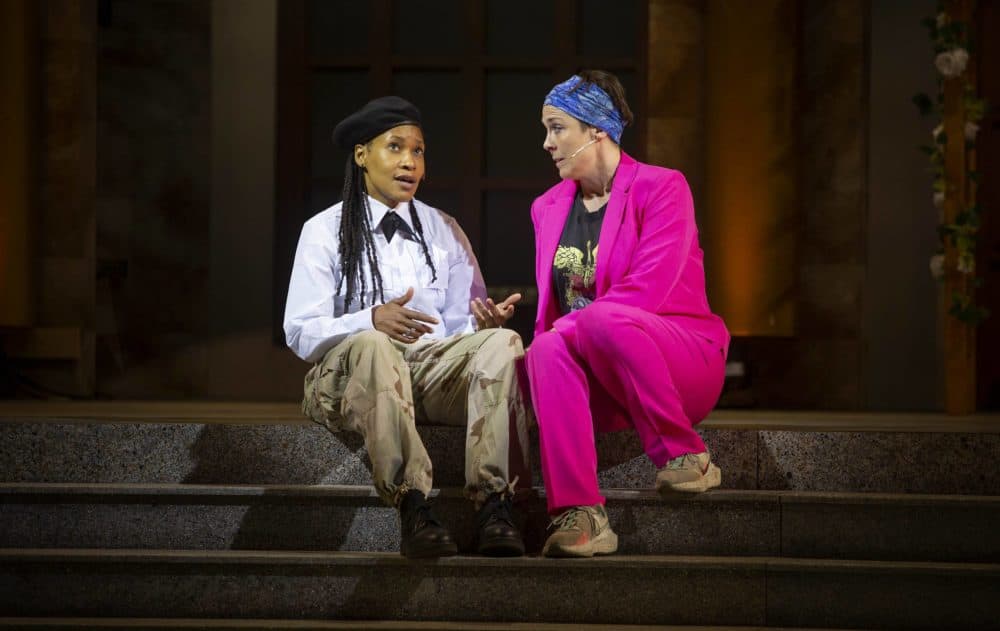
Sandberg-Zakian asked, “Why did Beatrice and Benedick, who were so clearly meant for each other, not feel safe to give in to their feelings?” The relationship reminded the director of her own conflict with her sexuality in her youth. “For me, it really makes the Beatrice and Benedick relationship shine because they deeply need their community to hold the relationship and to open up the space for the relationship to happen.”
Michael Underhill, who will play Don Pedro, says that open conversation about the actor’s personal backgrounds was a large part of the pre-production process. In order to play the roles honestly, the actors and production team needed to discuss the nuances and possible power imbalances this reimagined casting could create for Shakespeare’s characters. For example, Underhill’s character is a military general who, for this version of the play, has a woman as his right hand. This is one of the many perspective shifts in the reimagined script. “That's our role as the artists — not only analyze it but also open up to all of the perspectives in the room so that we can bring it to the common,” says Underhill. For Debra Wise, who plays Dogberry, the dunce-like character of the show, being cast was a special moment. Having the role played by a female stresses the importance of seeing people as individuals.
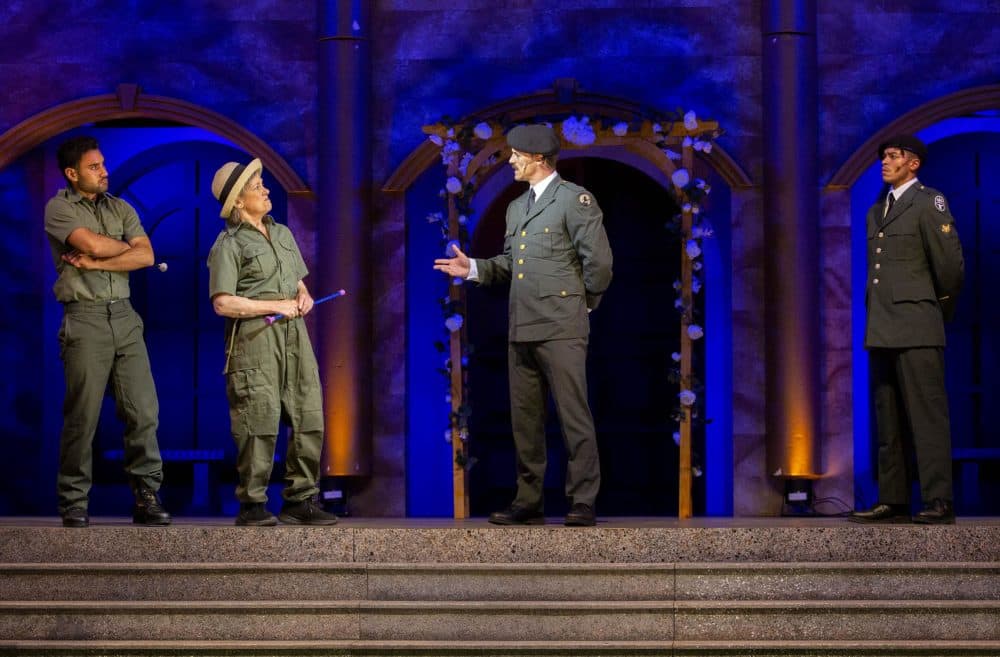
While this production of “Much Ado About Nothing” modernizes some of the struggles the characters face, the choice of the play on its own is also prescient. “So much of what happens in this play is people reacting quickly without thinking or reacting harshly,” says Underhill. There are echoes of the world around us throughout the comedy. Over 400 years later, Shakespeare remains an important part of the culture in the English-speaking world and elsewhere and this fresh take helps to make his work more approachable.
This kind of reimagining is in line with the ethos of Shakespeare on the Common. The free model is accessible to the public — it includes those who might not otherwise have a chance to see a production like it. It’s also in line with the director's goal, to produce work that meets as many people as possible right where they are. “You can walk up and watch part of it and walk away at any time. It’s low risk, high reward,” says Sandberg-Zakian.
The Commonwealth Shakespeare Company’s production of “Much Ado About Nothing” will show every night at the Parkman Bandstand July 20-Aug. 7.
